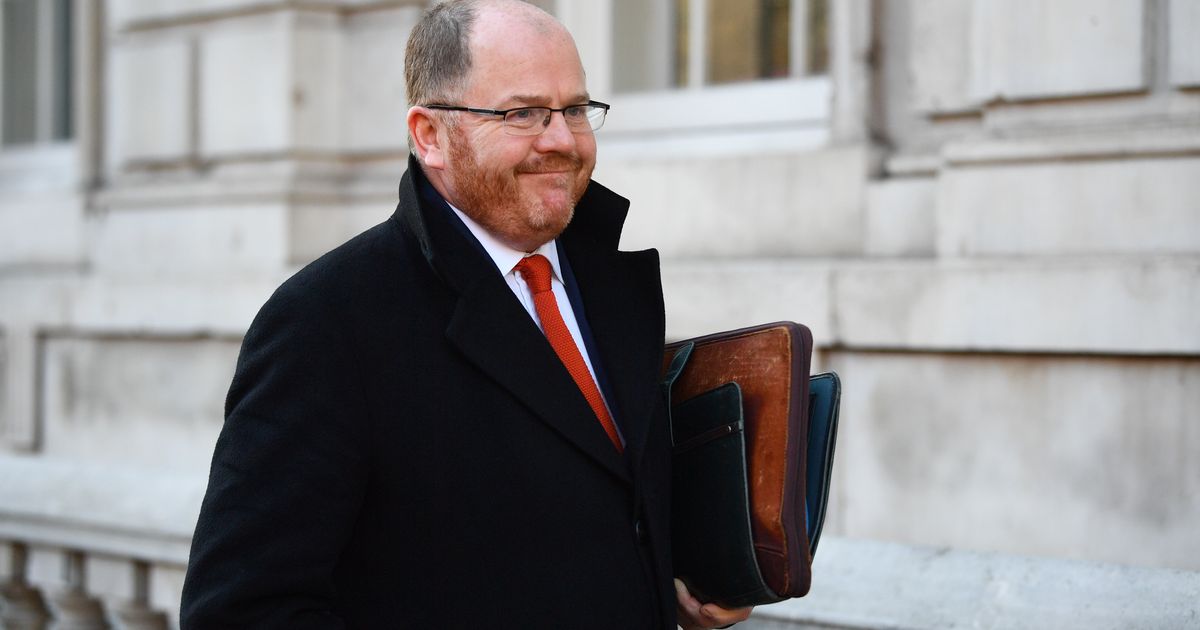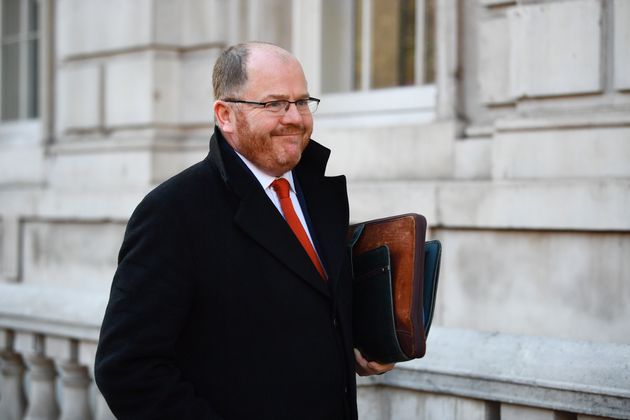Chancellor Jeremy Hunt will hold a meeting with Britain’s major banks on Friday to discuss how they can help homeowners hit by rising mortgage costs, after saying the government would not offer borrowers significant financial help.
The Bank of England has raised interest rates 12 times since December 2021, but the impact for many mortgage holders is only starting to be felt now as low fixed rates agreed during the Covid-19 pandemic start to expire.
Some politicians have called on the government to consider financial aid for those worst hit, but Hunt rejected this in a parliamentary question-and-answer session.
“We won’t do anything that would mean we prolonged inflation,” Hunt said when asked about possible aid. “Schemes which involve injecting large amounts of cash into the economy right now will be inflationary.”
The Bank of England is expected to raise interest rates again on Thursday by a quarter point to a 15-year high of 4.75% in a bid to fight unexpectedly sticky inflation, which was running at 8.7% in April. Official inflation data for May will also be published on Wednesday.
Hunt said he would talk with major lenders later this week to discuss the challenges faced by some borrowers.
Three sources – two from the banking industry and one in the government – said that meeting would take place on Friday and focus on how best to support customers facing big increases in their repayments this year, and those who have refinanced at higher rates and are already struggling to cope.
“I’ll be meeting the principal mortgage lenders to ask what help they can give to people struggling to pay more expensive mortgages and what flexibilities might be possible for families in arrears,” Hunt said.
The 2008 financial crisis did not lead to a big wave of home repossessions in Britain, but lending rules were tightened afterwards to ensure homebuyers taking out mortgages would still be able to cope with a significant rise in interest rates.
However, mortgage rates have risen rapidly in recent weeks as markets bet the BoE may have to raise its own interest rate as high as 6% next year to tackle persistent inflation.
Trade body UK Finance estimates 800,000 Britons will need to refinance loans in the second half of this year, and a further 1.6 million in 2024.
The Resolution Foundation think-tank estimated that the average homeowner who refinances a mortgage in 2024 will have to pay an extra £2,900 pounds a year.
Most British residential mortgages have interest rates fixed for two or five years, after which borrowers pay a floating rate or switch to a new fixed rate.





